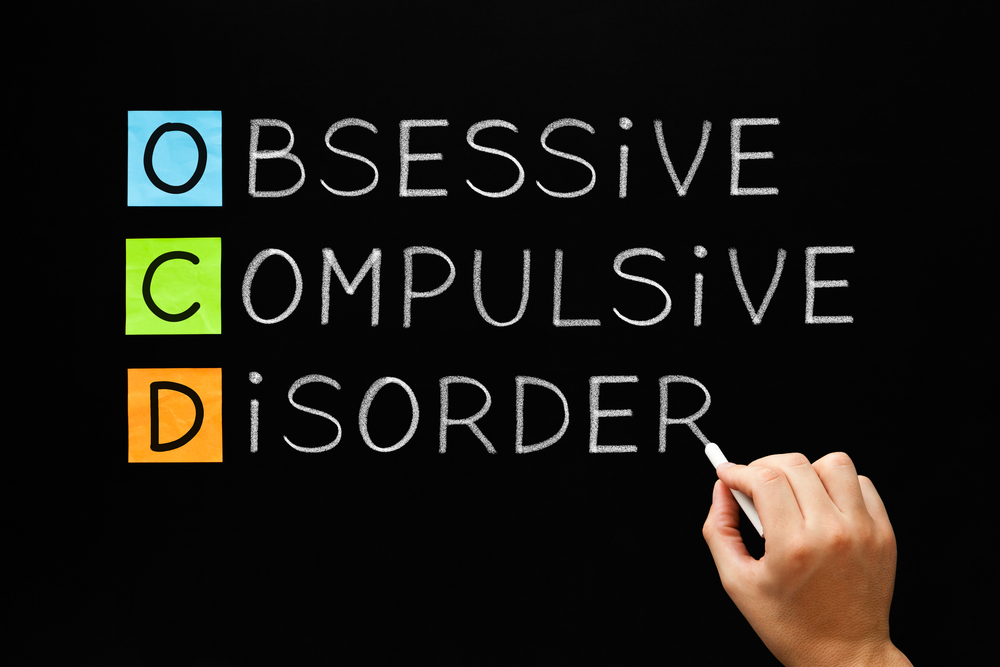
OCD is often a term that is often thrown around, but many do not understand the seriousness of it. Obsessive Compulsive Disorder (OCD) is a major mental condition linked with high degrees of disability. There are different options available to help you with managing your OCD. Alternative and experimental OCD treatments provide hope to the remaining one-third of those not assisted by regular OCD treatments.
OCD Treatment Options
Studies have shown that OCD sufferers can experience symptom remission, indicating that recovery is a realistic and achievable goal for some. The following methods can treat OCD:
Medication
The FDA has approved several drugs for treating OCD. Most of these medicines are selective serotonin reuptake inhibitors (SSRIs), but there are some different options as well.
These medications generally treat depression disorders. However, they are also beneficial for treating anxiety disorders like OCD. These medications are supposed to function by boosting serotonin levels in the brain which can help alleviate OCD symptoms.
If normal OCD medication hasn’t worked, augmentation therapy may assist. When treating OCD with medication, augmentative therapy increases the likelihood of symptom relief. For best impact, augmentation therapy uses medication combinations rather than single agents.
People who don’t react to regular treatment may benefit from augmentation tactics.
Psychological Therapy
Psychological treatment for OCD reduces symptom frequency and intensity. Exposure and response prevention (ERP) therapy is a type of cognitive-behavioral therapy that treats OCD. Many people who complete OCD therapy see a significant decrease in symptom frequency and intensity.
Individual CBT for OCD is incredibly successful but also very costly. If you are undergoing OCD treatment in a hospital or other healthcare facility, you may now be able to receive group CBT for OCD symptoms. Although a group environment can first seem scary, there are actually many benefits to enrolling in group CBT for OCD.
If CBT and ERP don’t sound right for you, try acceptance and commitment therapy (ACT). ACT is a newer psychological therapy for OCD that has shown potential in treating anxiety disorders, including OCD. ACT’s basic tenet is that anxiety is normal and that our reaction to it is the true issue.
Self-Help Methods
While most OCD treatment involves a certified mental health practitioner, there are a few OCD self-help tactics you may start implementing right now to assist manage your OCD symptoms.
Because stress is a significant OCD trigger, learning and practicing relaxation techniques is a great approach.
In addition to the physical benefits of exercise, such as decreased cholesterol and a lower risk of heart disease and diabetes, there is growing evidence that exercise can also lessen OCD symptoms.
Contact Me
If you or a loved one are struggling with managing OCD, please contact me today to set up an appointment so we can evaluate your case and prepare an effective treatment plan!